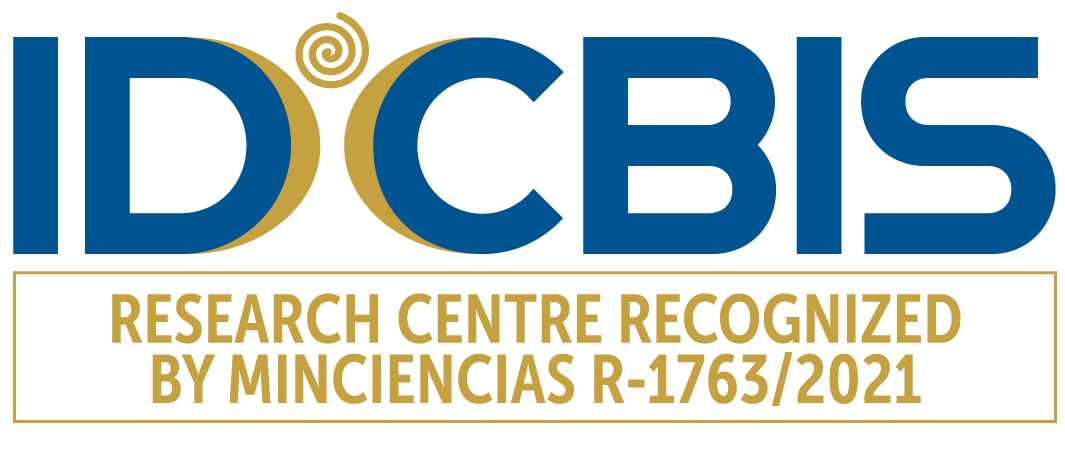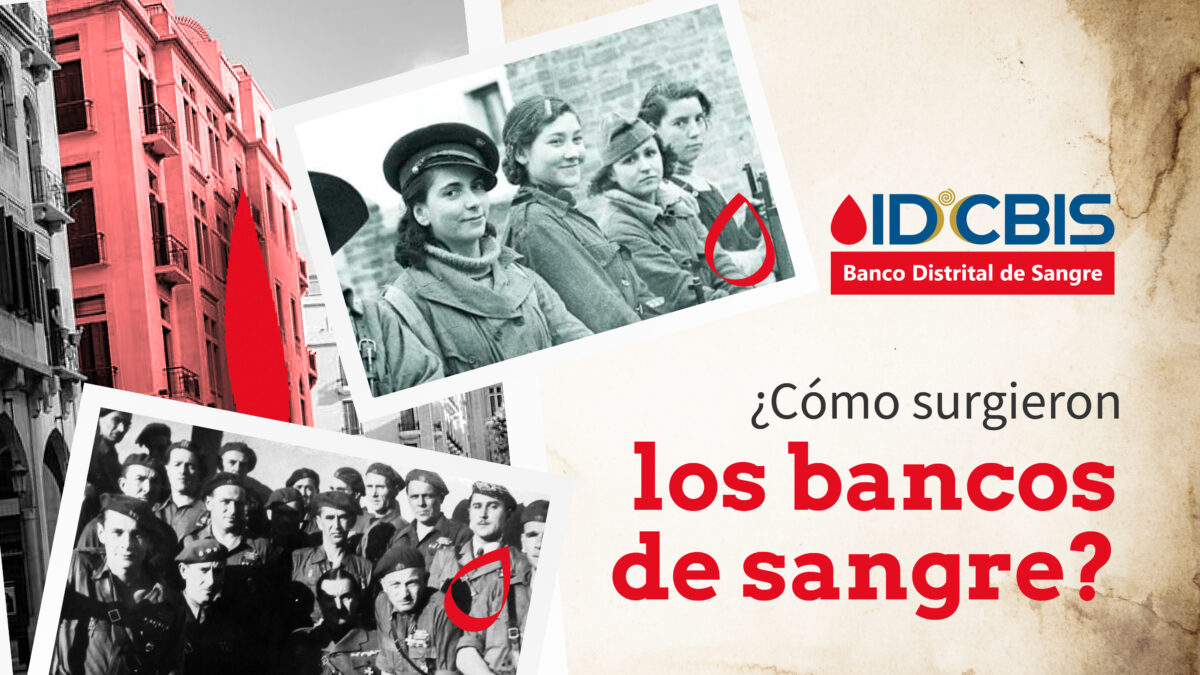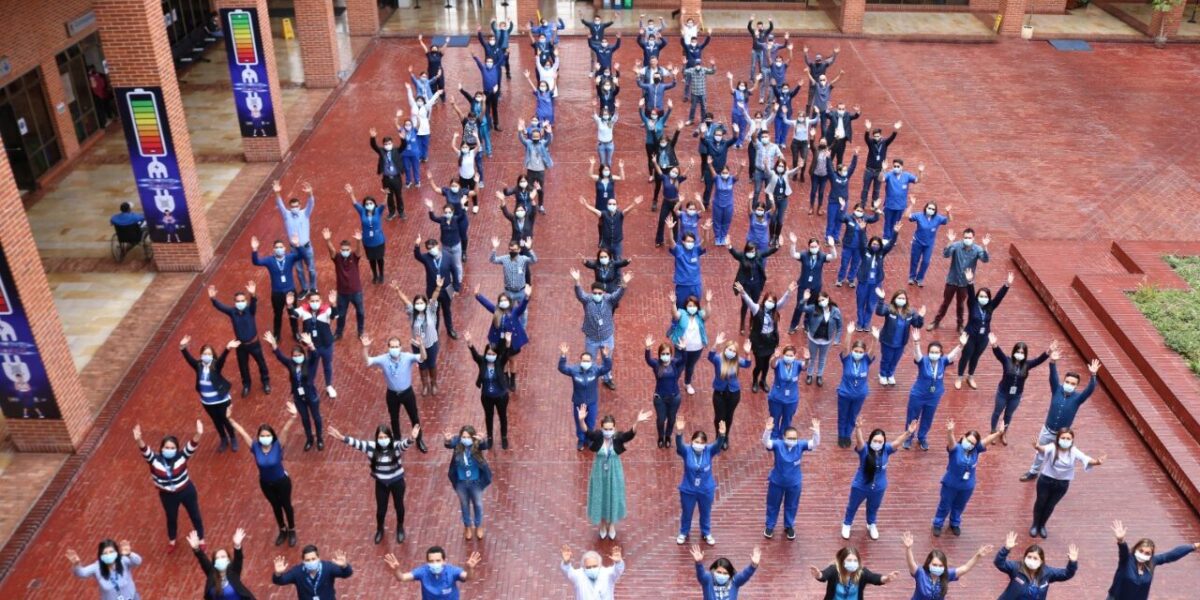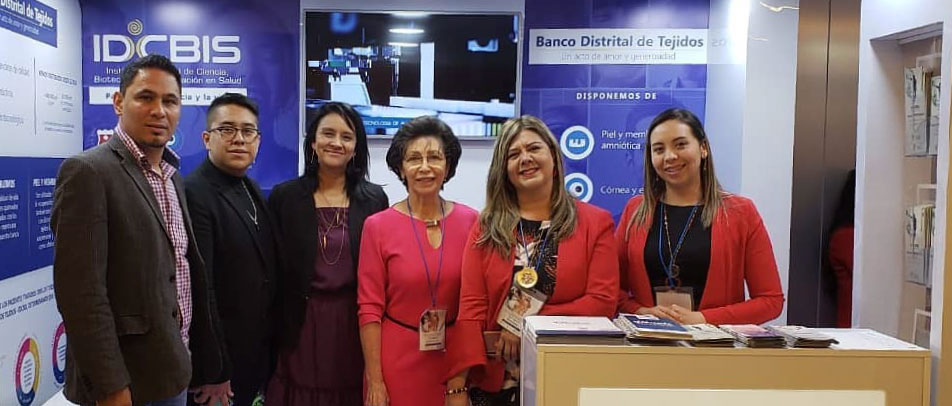Colombia se encuentra en el umbral de un emocionante avance en la medicina y la atención médica con el lanzamiento del proyecto pionero “Donantes Únicos”. Este innovador programa tiene como objetivo abordar la crítica necesidad de sangre con grupos sanguíneos poco comunes, que en el pasado ha requerido importaciones internacionales y ha resultado en complicaciones clínicas graves para pacientes en situaciones críticas.
La escasez de grupos sanguíneos poco comunes ha sido un desafío persistente en el ámbito médico colombiano, obligando en ocasiones a importar sangre desde otros países, como el caso notorio de Medellín, que ha recurrido a componentes sanguíneos de Brasil. Esto ha llevado a situaciones donde se han realizado transfusiones de sangre incompatible, con consecuencias graves para los pacientes.
Para el Dr. Bernardo Camacho, director del IDCBIS, “Este proyecto de ‘Donantes Únicos’ es pionero en América Latina y nuestro instituto se convierte en un centro de referencia para la investigación científica que es el propósito de esta administración de apoyar la ciencia con recursos propios y con el sistema de regalías”.
Este proyecto revolucionario aborda de manera innovadora y prometedora, dos componentes claves:
Identificación de Donantes Fidelizados: El programa busca establecer un grupo de donantes fidelizados que estén disponibles de inmediato cuando se necesite una donación para pacientes con grupos sanguíneos poco comunes. Esto asegurará un acceso rápido y seguro a las transfusiones necesarias, reduciendo las complicaciones médicas.
Criopreservación de Glóbulos Rojos: Una parte revolucionaria del proyecto es la criopreservación de unidades de glóbulos rojos, lo que extenderá significativamente su vida útil de 42 días a casi 10 años. Este inventario de sangre criopreservada permitirá un suministro sostenible y confiable para pacientes con fenotipos raros en Colombia.
“La iniciativa que está teniendo el IDCBIS, para que su banco de sangre cuente con tipologías diferentes o extrañas, es bien interesante y útil ya que va ayudar a muchas familias como la mía, donde prima salvar vidas”. Afirmó, Jairo Fandiño, donante de sangre.
Alcance Nacional y Colaboración Internacional
Un aspecto crucial del proyecto es su alcance nacional. Se espera que cualquier entidad dentro de la red nacional de sangre pueda acceder al programa “Donantes Únicos” para buscar grupos sanguíneos poco comunes cuando sea necesario. Si las unidades criopreservadas están disponibles en el IDCBIS, se podrán suministrar de inmediato. En casos donde no haya donantes disponibles en Colombia, el proyecto se conectará con redes colaborativas a nivel internacional para obtener la sangre necesaria.
Este proyecto innovador representa un gran avance en la atención médica en Colombia y ofrece esperanza a los pacientes con grupos sanguíneos poco comunes. “Donantes Únicos” no solo garantizará la disponibilidad de sangre crítica en momentos cruciales, sino que también contribuirá a reducir las complicaciones médicas y salvar vidas.

